The German site has benefitted from the installation of Crystal Clean Connect, an automated plate–making system developed by Asahi Photoproducts and Esko.
All4Labels’ site in Hamburg, Germany, has seen a significant boost to its productivity since installing the Crystal Clean Connect automated plate-making system developed by Asahi Photoproducts and Esko. According to Mirco Wilke, head of prepress and flexo printing at All4Labels Hamburg, the German label converter installed the system two years ago to replace a manual plate-making process that resulted in 'errors and scheduling problems.'
‘Hamburg is one of the main conventional printing facilities in the All4Labels Group,’ explains Wilke. ‘At the time of the installation, the focus of the prepress department was on flexibility in production and high output through all our different presses. But it was a very manual process with some drawbacks and restricted future development. We had no automation or connectivity to our workflow systems. It was hard work for the operators to handle all the different machines. It would be stressful for them and result in errors or scheduling problems. ‘The Crystal Clean Connect had answers to all these problems. We could connect to our workflow systems, automate the whole process, and minimize the operator’s hands-on work.’
Collaboration
The system is the result of two years of joint development between flexo photopolymer plate pioneer Asahi Photoproducts and integrated software and hardware specialist Esko and was prompted by All4Labels Hamburg’s desire to produce plates during a night shift with minimal operator input and consistent quality.
Crystal Clean Connect fully automates the entire plate-making process, from imaging and exposure to plate production, reducing the number of steps in the flexo plate-making process from 12 to just one. It delivers a 90 percent reduction in dedicated operator time, an average 25 percent increase in press OEE, and a 20 percent reduction in ink usage.
‘A standard plate-making machine with two operators can normally produce 24 plates in an eight-hour shift,’ says Dieter Niederstadt, technical marketing manager at Asahi Photoproducts. ‘On Crystal Clean Connect, one operator can produce that amount in an hour. Everything is automated, from the laser imaging to the plate cutting, which wasn’t possible in the past. Additionally, the machine uses water-washable plates – certified carbon neutral by the Carbon Trust – to allow for a solvent-free, more environmentally friendly production.
‘Standardisation is another key benefit. With different operators working different shifts, inevitably, you will have different plate qualities. But if you have an automated process, everything is standardized – every day, every month, every year – which is a huge benefit to the printer.’
According to Pascal Thomas, Esko’s flexo business director, Crystal Clean Connect suits larger operations running multiple shifts. ‘It is a system that works well in a 24-hour operation; for example, it can be run during a night shift by a press operator who makes a few plates and then goes back to printing. Because it’s fully automatic, you don’t need much training to operate it. It’s plug and play.’
Flexibility
Mirco Wilke cites flexibility and quality as the key demands from All4Labels Hamburg’s customers – requirements that Crystal Clean Connect helps the company deliver. ‘As print runs become shorter, we must always be flexible in our print production and time to market. Quality is also crucial. We must be faster, sustainable, and automate as much as possible and connect with our customers in all kinds of processes and workflows.
‘When we invest in new technology, we always look at the connectivity to our automation systems and workflows and the machine's productivity. And, of course, at a price – it must be a sustainable product for our customers and us.’
All4Labels Hamburg was producing plates on the new system after just a couple of weeks of training. ‘The process was straightforward,’ says Wilke. ‘The fact that the Crystal Clean Connect allows us to put our print files directly from the prepress into a whole connected system, reduce waste, reduce operator input, and automate the whole plate-making process, are huge advantages.’
‘Sustainability has been at the heart of our business since we started in 1973,’ says Asahi Photoproducts’ Dieter Niederstadt. ‘We have always used solvent-free technology. The quality is even higher than that of existing solvent-washed plates because our plates have very low surface energy, which means that all the ink is transferred to the substrate during printing, which is a big advantage.’
A further development from Asahi, which can be linked to the Crystal Clean Connect, will be unveiled at Drupa. The Loop system is a water recycling unit that can recover and reuse 80 percent of the water used in the plate-washing process.

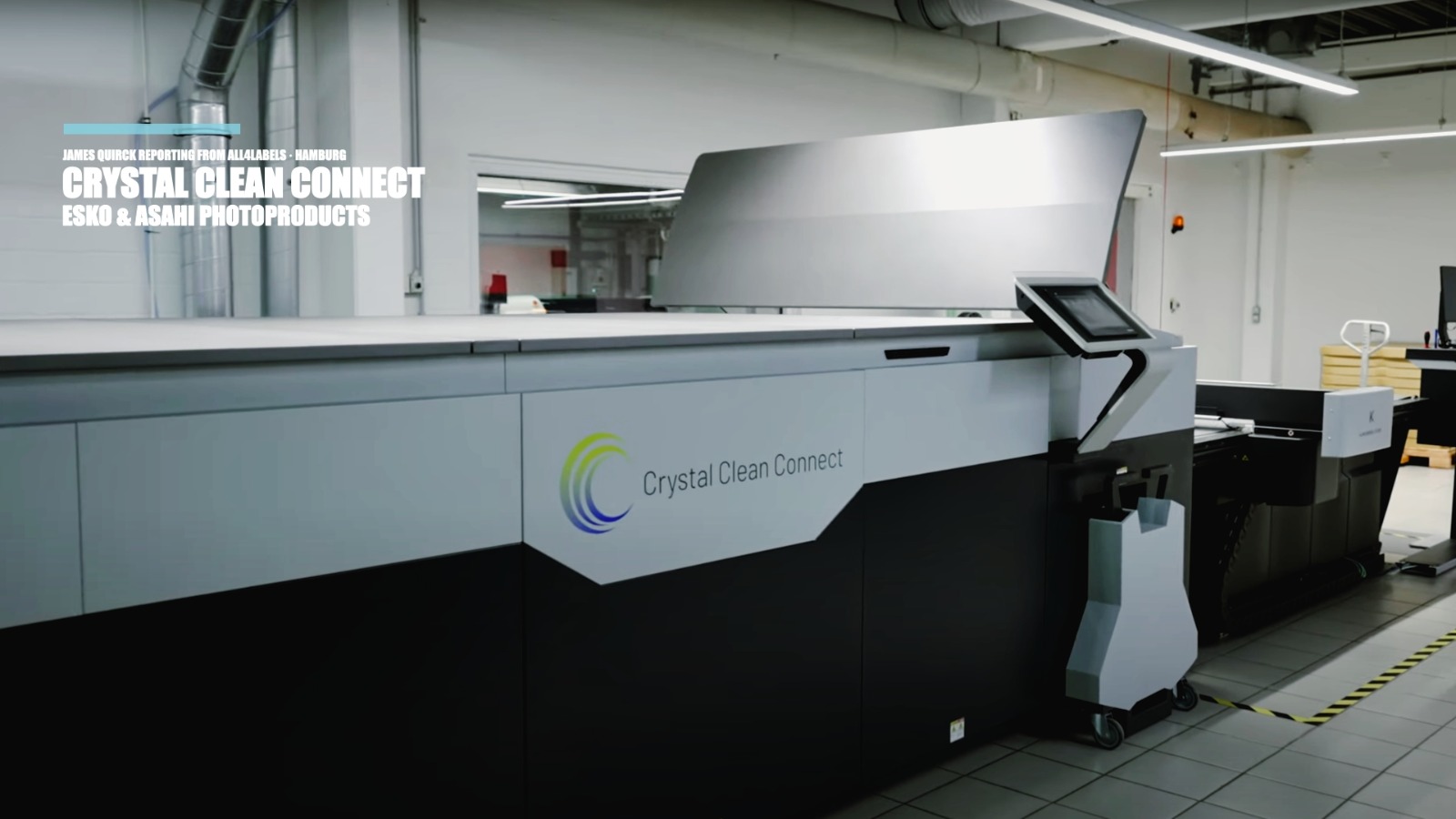
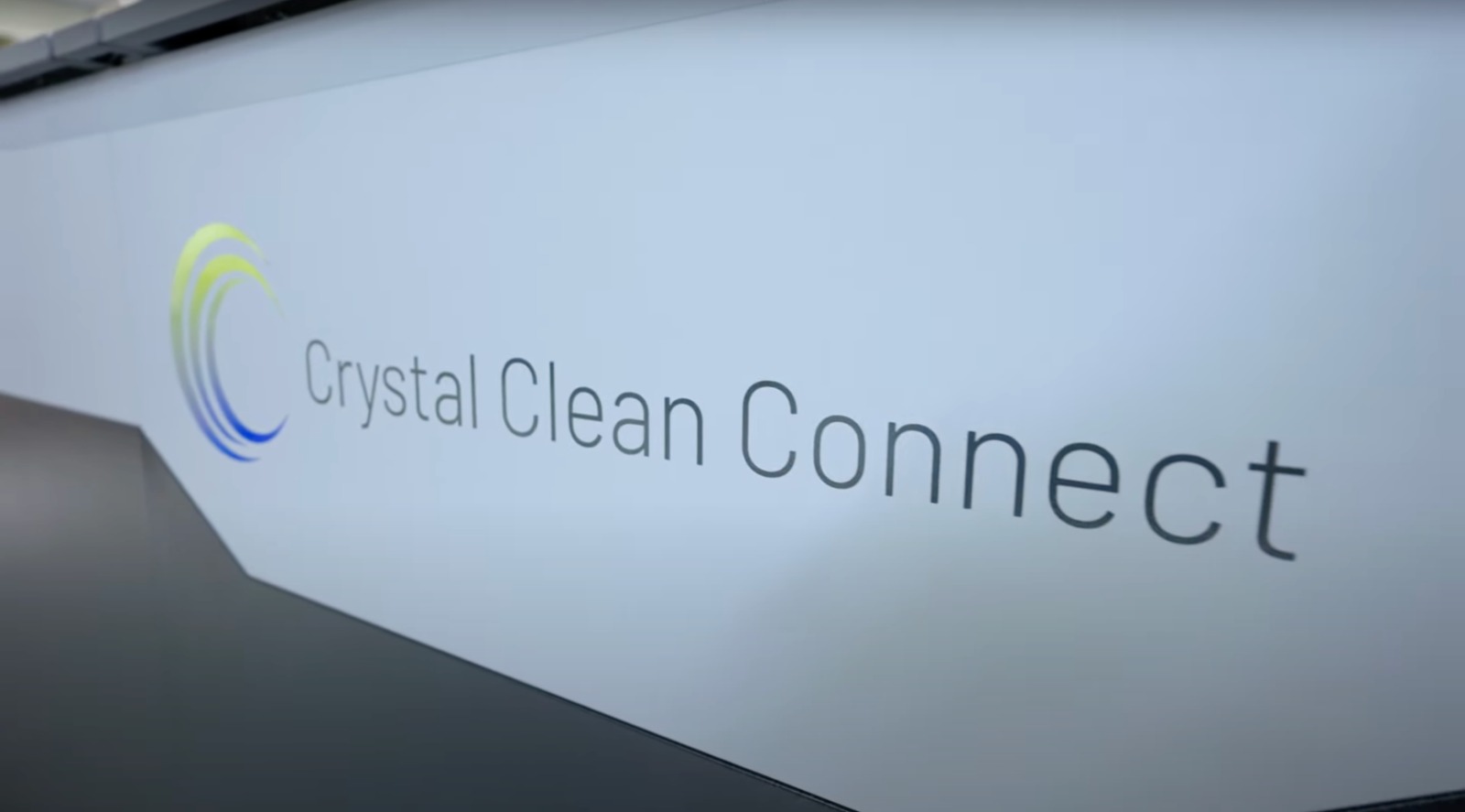
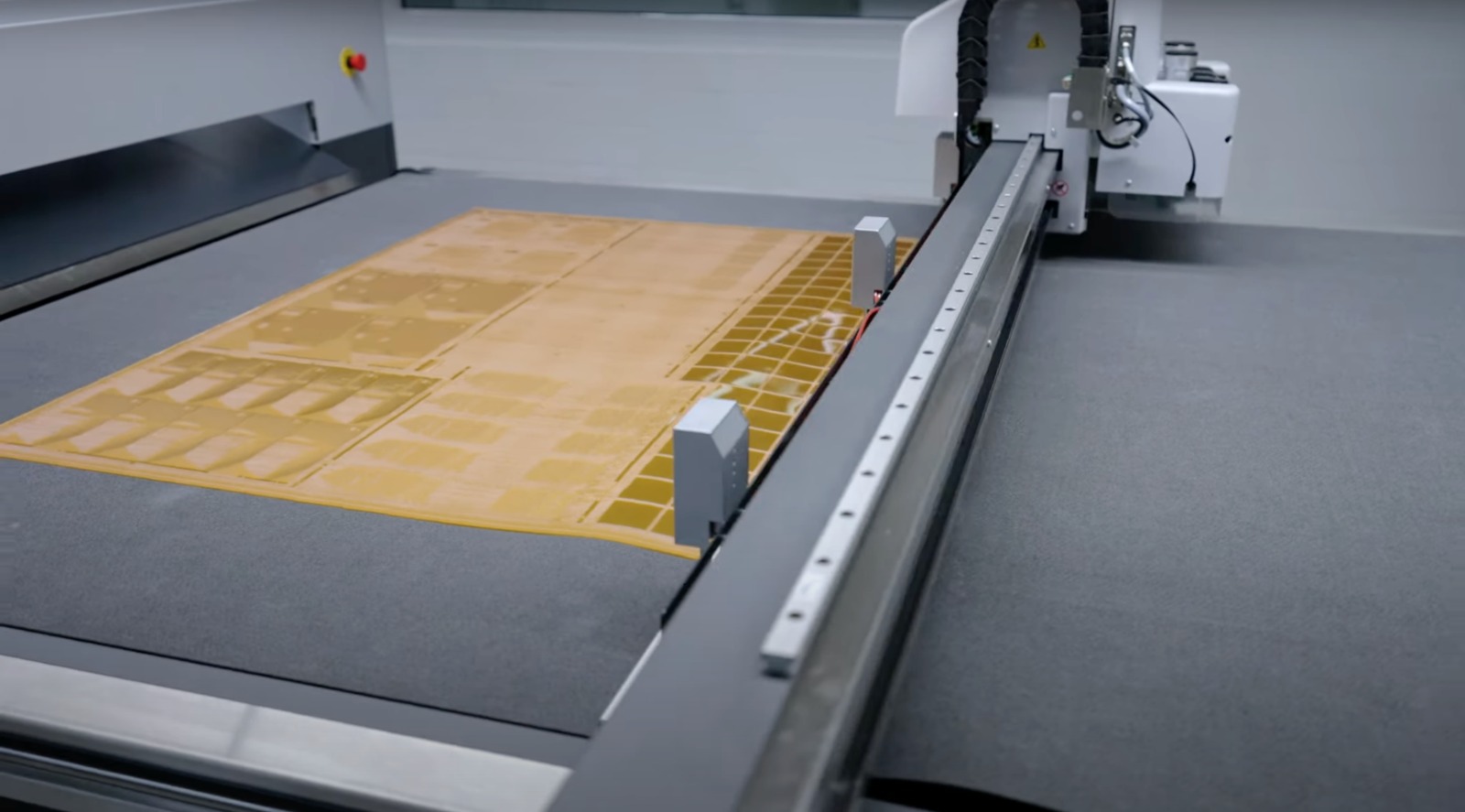
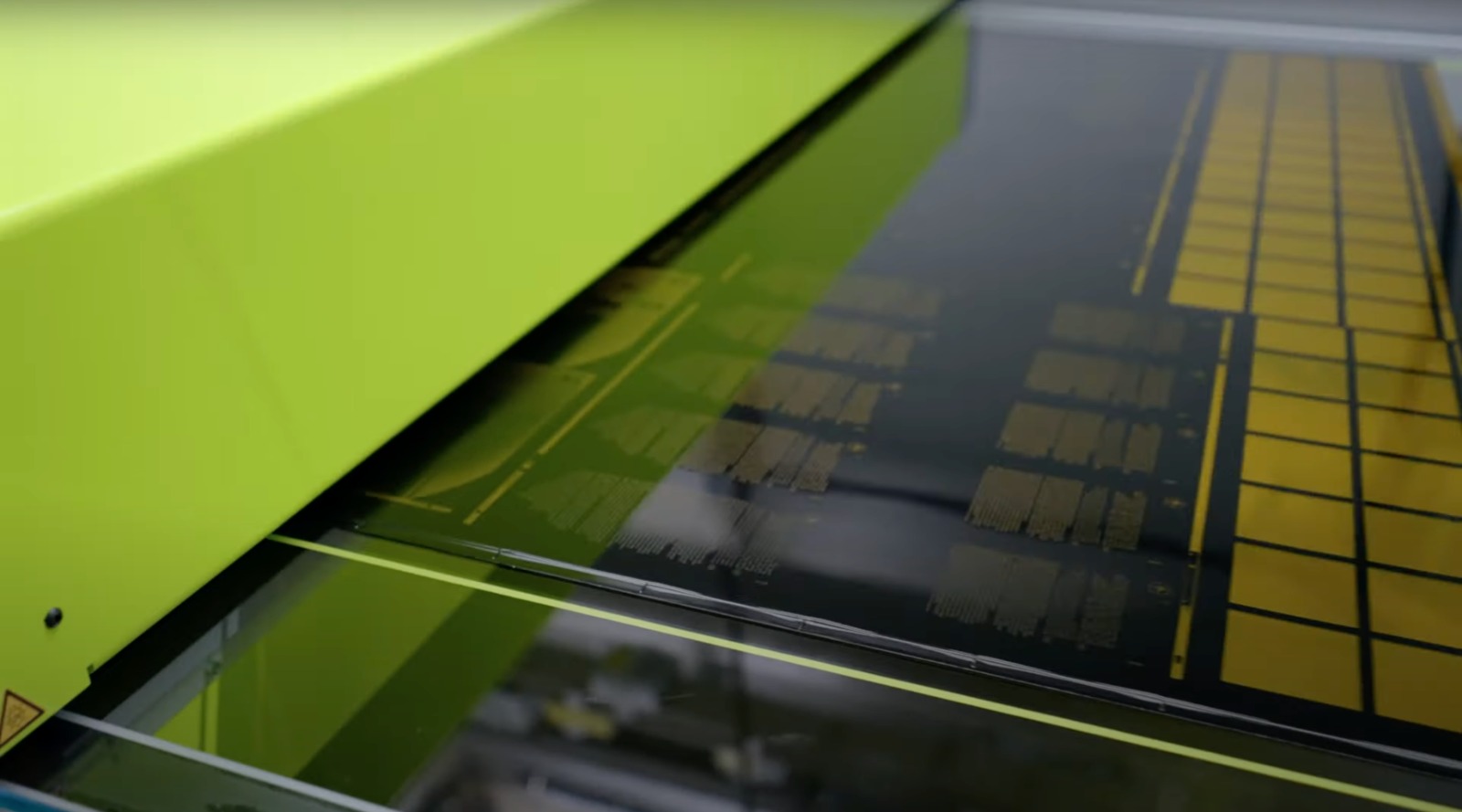
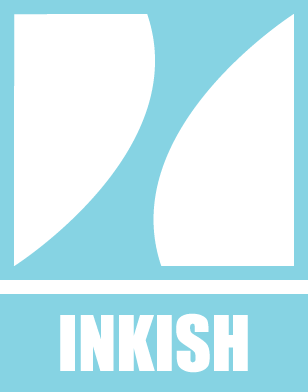
Fri October 15th
Abundância de provas...
O Que Os Papéis Dizem-Semana de 11 de outubro-Por Nessan Cleary
Fri October 8th
A Austrália ainda es...
O Que Os Papéis Dizem-Semana de 4 de outubro-Por Nessan Cleary
Fri October 1st
A cobertura desta se...
O Que Os Papéis Dizem-Semana de 27 de setembro-Por Nessan Cleary
Fri September 24th
Mais sinais de cresc...
O Que Os Papéis Dizem-Semana de 20 de setembro-Por Nessan Cleary
Tue September 21st
A experiência de imp...
INKISH cobre o evento, e mal pode esperar para conhecer a indústria é este talvez primeiro evento físico na Europa:-)
Fri September 17th
Há boas notícias sob...
O Que Os Papéis Dizem-Semana de 13 de setembro-Por Nessan Cleary
Sat September 11th
Perguntas sobre o es...
O Que Os Papéis Dizem-Semana de 6 de setembro-Por Nessan Cleary
Fri September 3rd
Estas semanas histór...
O Que Os Papéis Dizem-Semana de 30 de agosto-Por Nessan Cleary
Fri August 27th
Pesquisadores encont...
O Que Os Papéis Dizem-Semana de 23 de agosto-Por Nessan Cleary
Wed August 25th
Você nunca vai inves...
O que faz PSPs relutar em investir?
Assine
Receba Notificações para se inscrever em nosso informativo
Login (login)
Novo Usuário (novo_usuário)? Registre-se (registre)
Apague Senha (apague_senha)
Registre-se (registre)
Usuário Existente (existente_usuário)? Login aqui (login_aqui)
Login aqui (login_aqui)
Apague Senha (apague_senha)
Por favor entre seu endereço de email registrado Você receberá um link para resetar a sua senha via email (rest_senha_descrição)
Novo Usuário (novo_usuário)? Registre-se (registre)